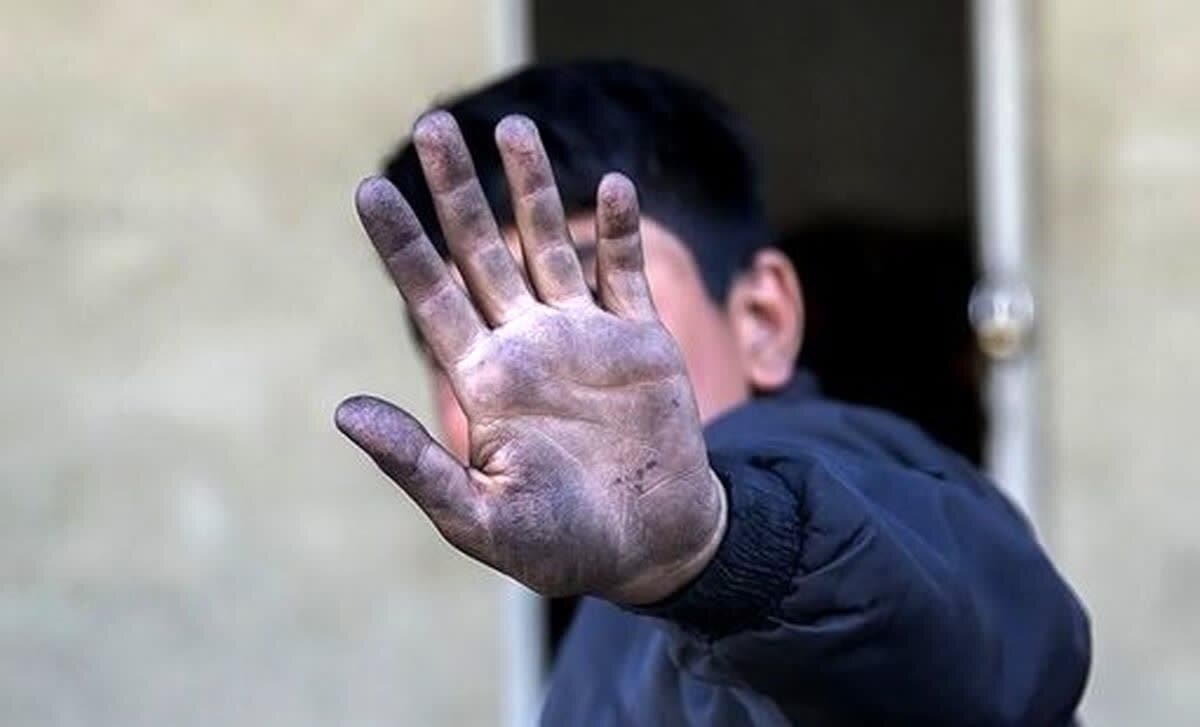The Iranian Labour News Agency (ILNA) has brought to light a painful truth—children in Iran are working under brutal conditions, exploited and unprotected. In unregulated workshops across the country, young workers are denied the most basic rights, like insurance and social security, even as their employers make significant profits.
One garment workshop, for example, employs girls as young as 15 without a thought for their well-being, despite raking in close to 150 million toman each month. These are not just numbers—they’re lives shaped by hard work and dashed hopes. The Iranian Constitution, in Article 29, promises every citizen the right to social security, covering everything from retirement to healthcare and unemployment. But for young workers, for women heads of households, for migrant laborers, this promise remains a distant dream.
This isn’t a story confined to far-off rural areas, either. Child labor is alive and well on the outskirts of Tehran, in places like Varamin, Pakdasht, and Sharifabad. Workshops there skip the formality of insurance codes, giving employers free rein to exploit workers without fear of consequences. These are young people, migrants, disabled individuals—those with little power to demand more, to demand justice.
An Afghan migrant in Pakdasht shared his story of working grueling 12-hour days in a grocery store. No insurance, no breaks, just endless hours filled with a constant, exhausting churn. For workers like him, inspectors are a distant concept; no one from labor or social security departments comes around to check on these businesses. This neglect lets employers carry on, unchecked, exploiting workers as though it’s just another part of doing business.
A labor activist, Javadani, calls it an open secret—workshops turning huge profits every month, often between 60 to 200 million toman, relying on underage workers who lack any form of social protection. He pointed to butcher shops, phone stores, household goods shops, photography studios, garment workshops—none of them insuring their employees. And those employees, often children, stay trapped in jobs that grind them down without offering the security they deserve.
These aren’t hidden operations, either. These workshops are out in the open, operating in plain sight. In Tehran alone, thousands of such businesses exploit workers daily, while labor oversight remains scarce and ineffective.
Without insurance, the risks these young workers face are severe. They put in 10, 12 hours a day, no days off, no breaks, earning meager wages with no promise of a pension, no safety net if they’re hurt on the job. If something goes wrong, they’re on their own, with no one to answer for it.
This report captures the ugly reality of child labor in Iran, where thousands of children work long hours in unsafe, exploitative conditions. Promises of protection mean nothing when they aren’t backed by action, and as long as this system goes on, Iran’s young workers will continue to pay the price.








